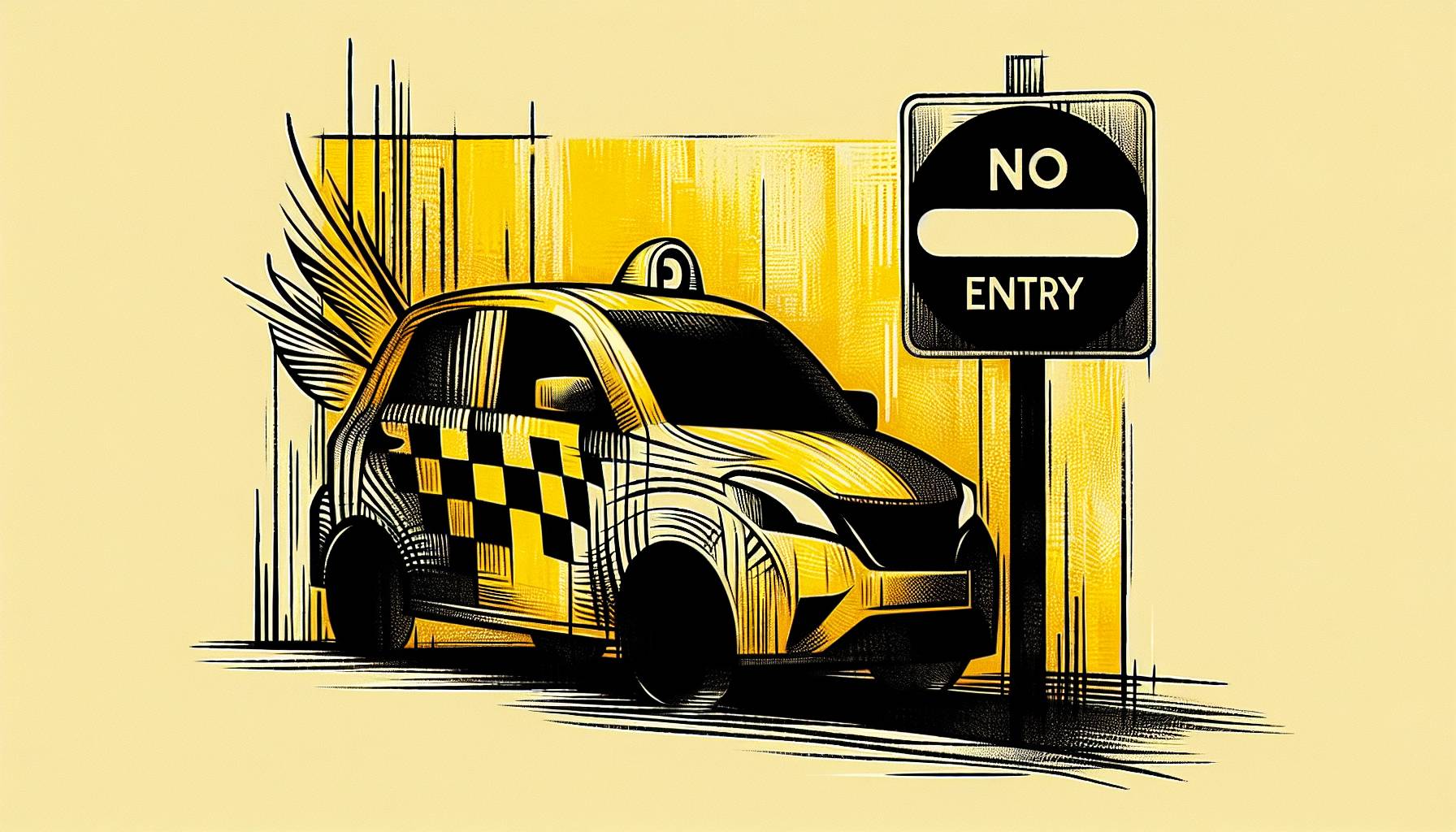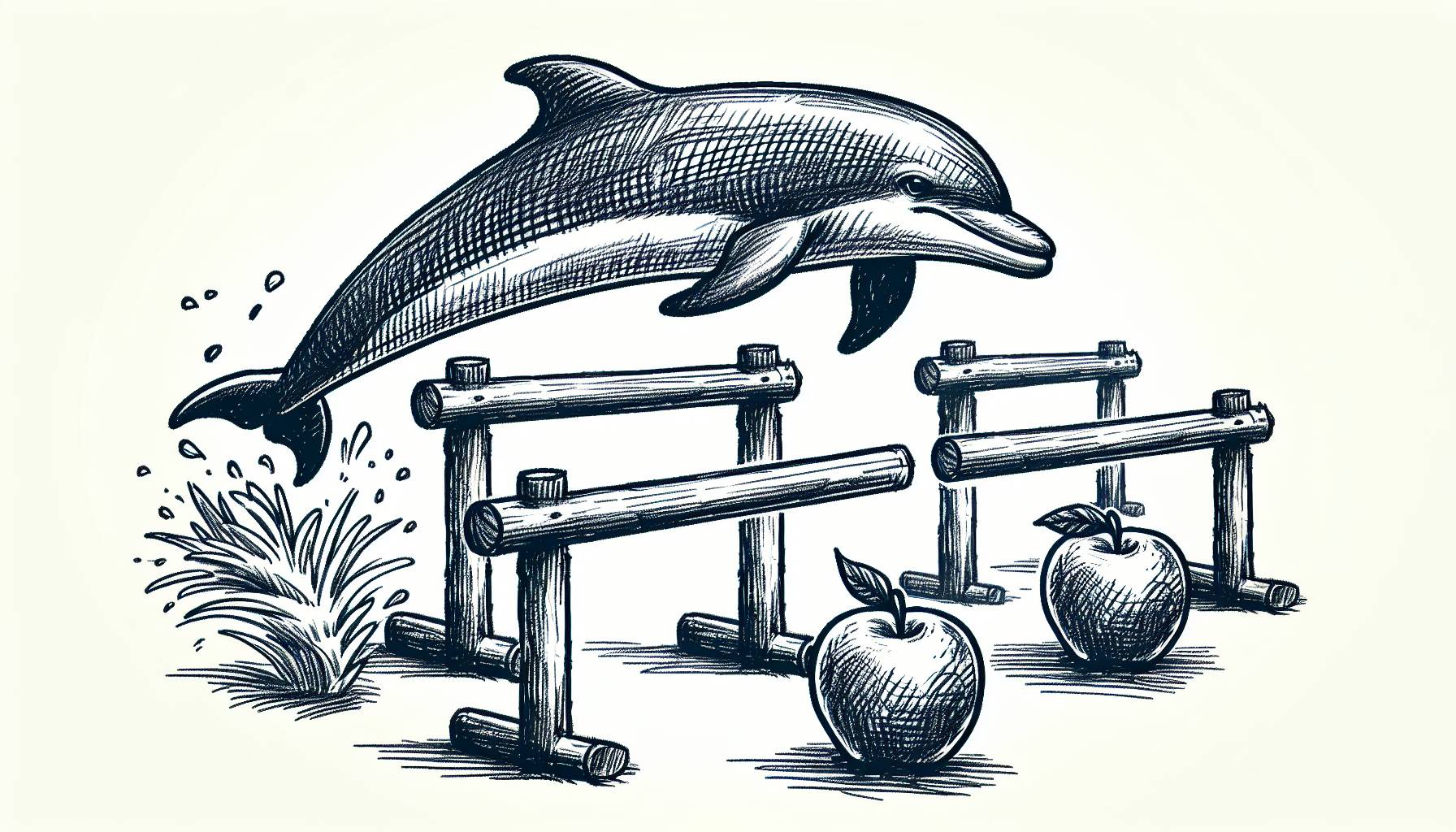When it comes to the video game world, it’s nearly impossible to discuss a game without talking about all the other titles that came before it. Every game on the market, be it store shelves or the iTunes App Store, has built off the foundations of games that have come before, and that creates a tough spot for many game developers. At what point does a game stop building off another title’s ideas or being “inspired” by another work, and start being theft of an idea?
The developer of Triple Town, Spry Fox, thinks it has some idea. According to a story from Eurogamer, Spry Fox has filed a lawsuit against another App Store developer, 6waves Lolapps, for copyright infringement. Spry Fox alleges that Lolapps’ Yeti Town steals the basic idea of Triple Town, selling it with just a different coat of paint.
Both Triple Town and Yeti Town are built on an interesting hybrid of mixing the match-three genre, in which players try to get three objects of the same type together to score points (think Bejeweled) with city-building simulator games. In Triple Town, the game screen is divided into a grid and you score points by matching objects to build structures: match three bushes to make a tree, three trees to make a house, three houses to make a mansion and so on. You play until you fill all the grid squares on the screen and can’t make any more combinations.
Lots of similarities big and small
Yeti Town has all the same mechanics. Like Triple Town, you can earn coins over time which you can use to buy certain objects when you don’t have the time or space to make them, like a spare tree or bush. You also have yetis to contend with, which clog up your squares by moving around the game board and need to be eliminated. In Triple Town, you have bears, rather than yetis, which have to be defeated.
Spry Fox, which has also released Triple Town on Facebook, said in a blog post that it had worked closely with Lolapps during the development of Triple Town and had shared important aspects of the game with the other developer. It announced the lawsuit in the blog post as well. Spry Fox alleges that while Lolapps was working under a nondisclosure agreement to help develop Triple Town, it was also developing the copy of the game. The blog post points out a number of other smaller similarities between the games, like the user interface, language in the tutorials and even the prices of items in the in-game shops.
Venture Beat published a statement from 6waves Lolapps responding to the allegations, stating that the copyright claims are unjustified and “factually inaccurate.”
Homage or copycat?
Copying can be seen as a rather big problem in the iTunes App Store, where many games seem to hew closer to established formulas of other titles than in other areas of video gaming. Last week, Zynga was bashed publicly by the three-man team that makes up NimbleBit, the developer of Apple’s 2011 iPhone Game of the Year, Tiny Tower. Zynga’s newly released Dream Heights carries pretty much the same concept and art style as Tiny Tower. Gameloft is often accused of making its own versions of popular games, like the Uncharted series, the Legend of Zelda series and the Grand Theft Auto series. And last year, indie developer Twisted Pixel accused Capcom of stealing the concept for its ‘Splosion Man title on Xbox LIVE Arcade and turning it into the App Store title, MaXplosion.
Of course, plenty of games in the App Store as well as everywhere else in video games owe their underlying framework to titles like Doom, Quake or Super Mario Bros. But in the case of Triple Town and Yeti Town, it seems Spry Fox sees a lot more going on than just homage or inspiration. It will be interesting to see if the outcome of the Triple Town lawsuit affects the rest of the gaming industry and other possible copyright claims.












